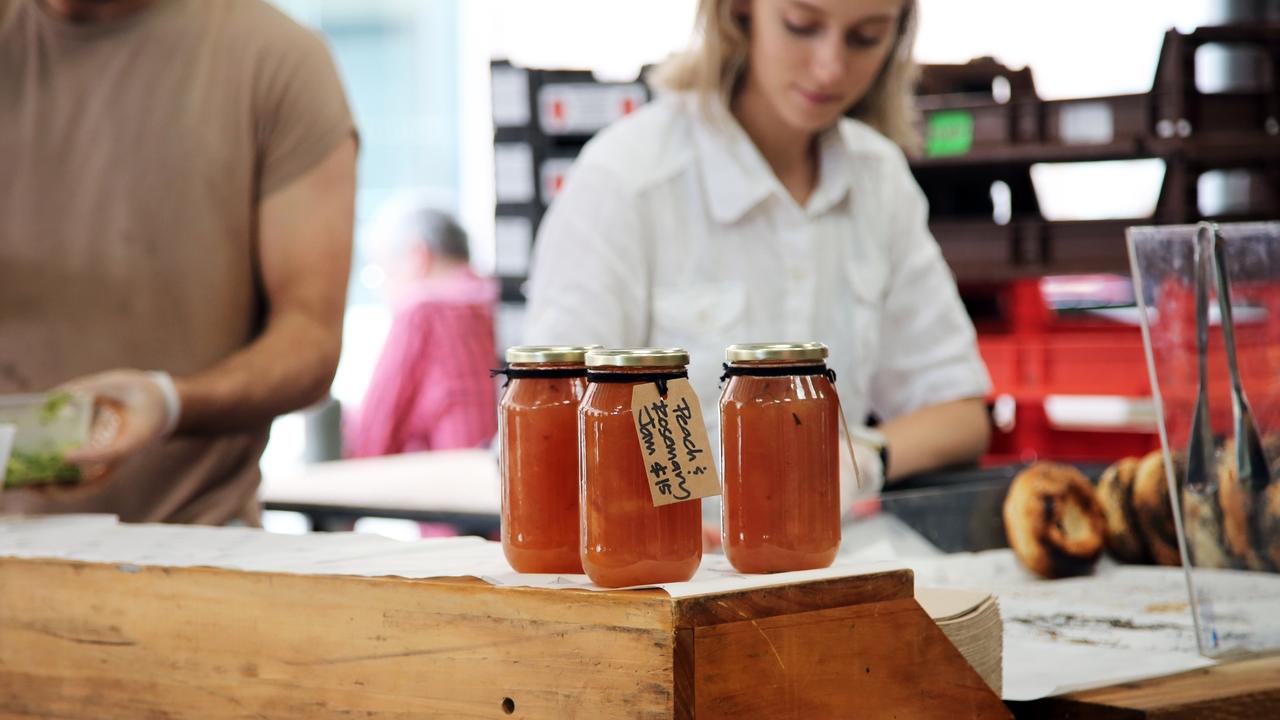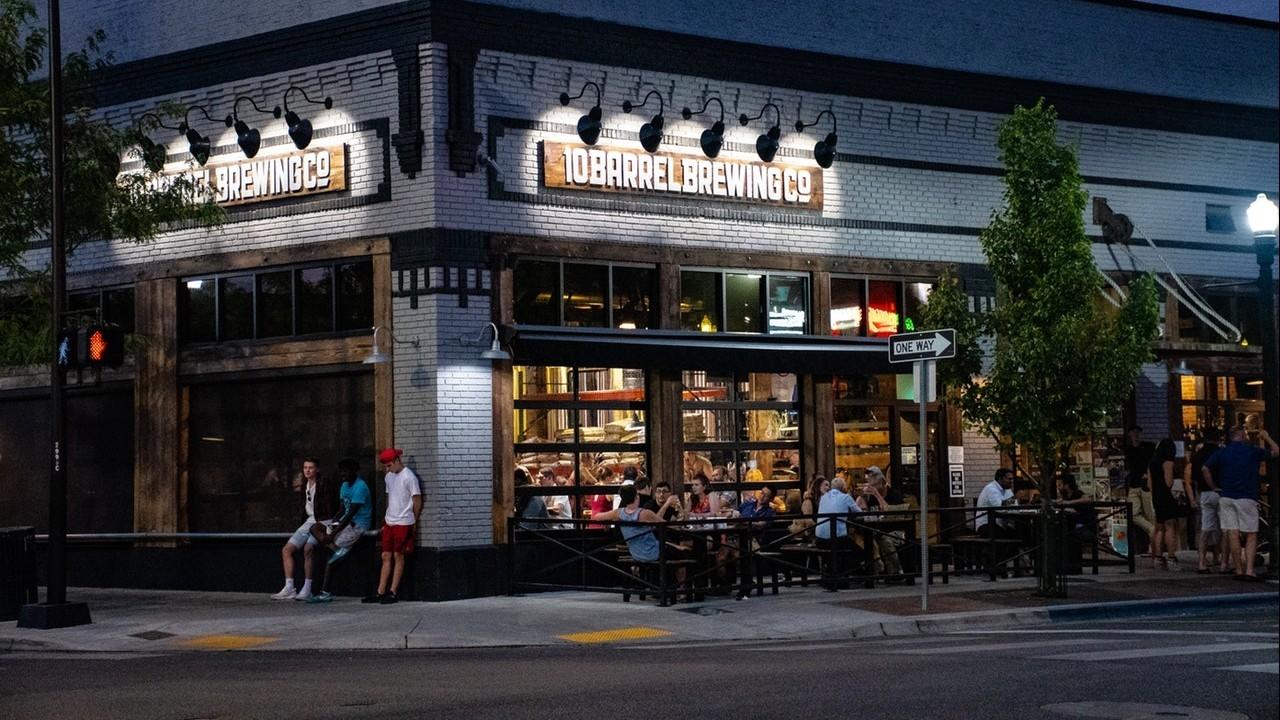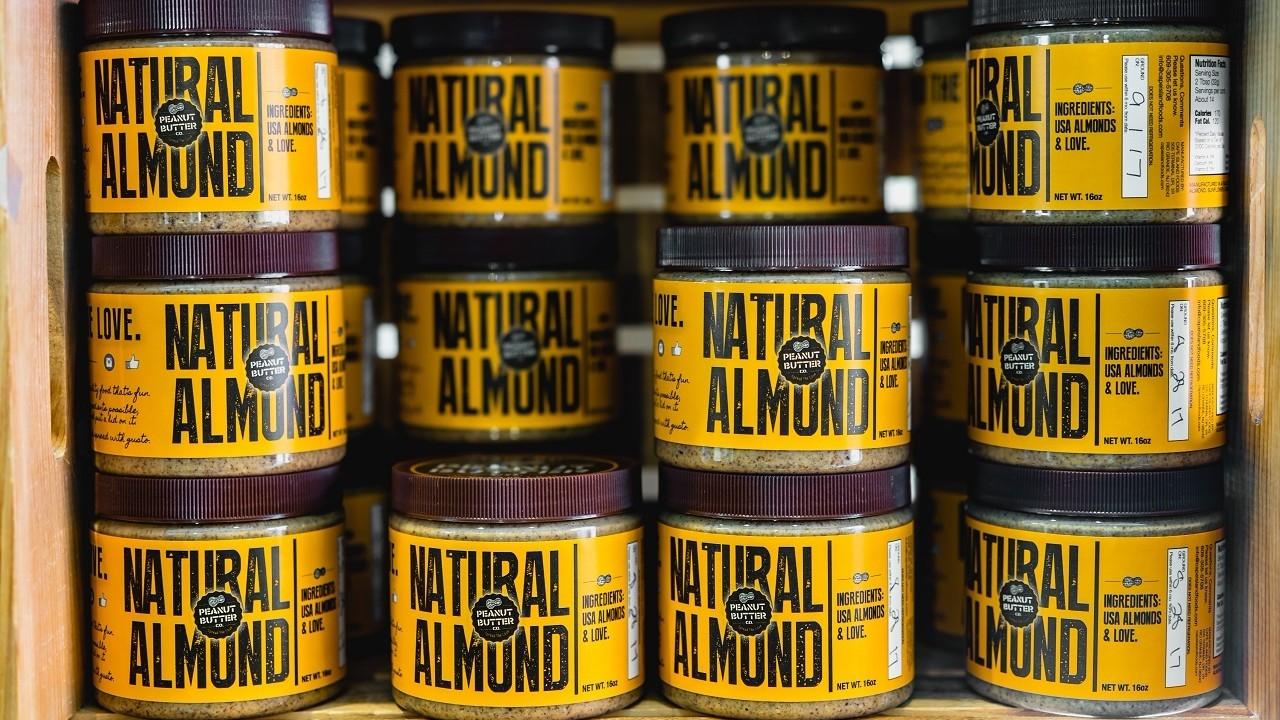Can I Call My Food Healthy?

You’ve worked hard caring about and developing your food product. You know what’s in it and you selected the best ingredients because it matters to you what goes into your customers bodies. But just because you think it’s “healthy” doesn’t necessarily mean you can label your product that way without knowing the rules.
Whether you can call your product “healthy” depends on a number of factors. The first thing to figure out is what laws apply to your product. That will tell you what government agency or agencies you need to pay attention to.
Is your product packaged and sold across state lines? If so, you are most likely governed by the Federal Food, Drug, & Cosmetic Act and subject to the FDA’s definition of “healthy.” Most processed and packaged foods (excluding primarily meat and poultry products) will fall into this category.
The term “healthy” -- or any similar term -- can only be used if your food meets certain nutrient requirements for total fat, saturated fat, cholesterol, so...
What Laws Apply to My Restaurant Menu?

You may have noticed that chain restaurants now have calories listed on their menus. And you may be wondering if you are required to include calories – or other nutrition information – on your restaurant menu. The answer is, as always, it depends.
Generally, if you are opening a restaurant and sell “restaurant-type food” (including bakeries, cafeterias, coffee shops, etc.) and it is part of a chain of 20 or more locations doing business under the same name and offering substantially the same menu items, then you probably do have to comply with the federal restaurant menu labeling requirements. In short, if your new restaurant venture is a franchise, the federal menu labeling rule probably applies and should be on your radar.
Restaurants covered by the rule are required to disclose the number of calories in each standard menu item, as that item is usually prepared. For example, if your franchise serves both whole and half sandwiches, you must display the calories for both the whole an...
How do I know what food safety laws apply to my restaurant?

After a lot of planning and hard work, you’ve settled on a location, name and a menu for your restaurant. Congratulations! But you may be wondering, “now what?” One of the most important tasks in setting your restaurant up for success is making sure you’re on top of food safety. Nothing will detract from your restaurants’ success more than making people sick. Just ask the owner of the now-shuddered all-you-can-eat shrimp buffet that used to be next door!
So how do you find out what food safety rules and regulations you need to follow? Wading through that swamp can be a challenge for sure! But know this – regulation of restaurants and other retail food establishments is generally handled at the state and local level – so you should start there first.
Normally food safety laws are set at the state level, such as through the state department of health or the equivalent in your state. Inspections, however, are usually conducted by city or county agencies. Some local jurisdictions may als...
Important Labeling Tips for Food Businesses

Over the past few years, food labeling has become a target of class action lawsuits and regulatory action. Every day we read about a new lawsuit attacking words such as "natural" or an FDA warning letter notifying a business of a food labeling violation.
While many food businesses facing a lawsuit or regulatory action may not believe they are doing something "wrong," many FDA regulations have pretty wide grey areas which are subject to interpretation. However, just because you aren't directly in violation of a regulation, doesn't mean that you're in the clear. In fact, many actions are predicated on an alternate interpretation of the same regulation. Meaning that your business needs to be ready, if it chooses to take a stand, for litigation costs and potential adverse publicity.
Top Labeling Best Practices
Food companies can avoid lawsuits over labels by taking proper precautions. While nobody can prevent all possible claims against a food company, this list will hopefully help you ...

